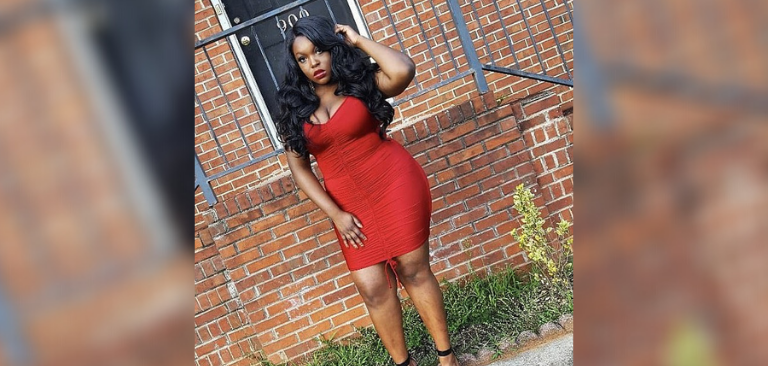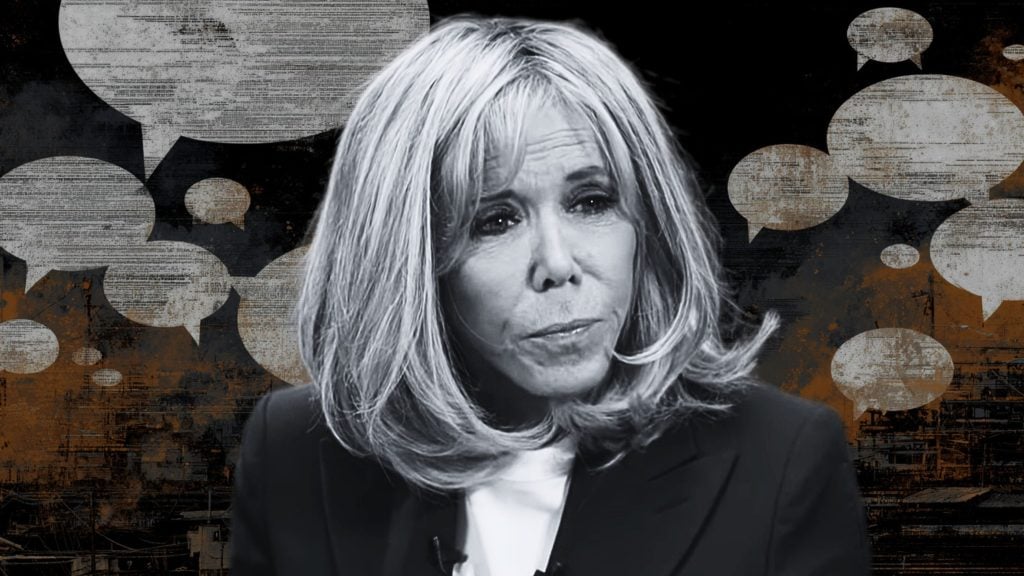Schools in the US are struggling in finding ways to align with the prevalent climate of strictly policed and suppressed online free speech, and at times find themselves involved in lawsuits.
Many of these cases involve educational institutions – high schools and universities alike – trying to control and punish off campus online behavior of students, and sometimes even public colleges fail to live up to their obligations to respect the First Amendment speech protections.
Many times these incidents involve politics, identity politics and other heavier issues, but this time, it’s about a student reportedly using “vulgar” language and posting “sex positive” content on Twitter and Instagram – images and rap lyrics. Regardless of the nature of content, the underlying problem remains the same.
Kimberly Diei, who is a pharmacy graduate student at the University of Tennessee, thought she was minding her own business while posting on social media under a pseudonym, and was no doubt emboldened to continue expressing herself in the vein of her favorite rapper, Cardi B, famous for her raunchy material, once those accounts started gaining followers.
But even if this is what social media users want to see, it was clearly not at all University of Tennessee’s cup of tea. Acting on an anonymous report, the school decided to expel Diei for “vulgar and crude” behavior. The decision was eventually reversed, but now Diei is bringing a federal suit against the university, accusing this public institution of having no right to violate her constitutionally protected free speech and should be minding its own business, not monitoring what students post online.
Diei in the meanwhile shared with the media that her impression was the school’s administrators were “making up rules as they go” according to their “personal tastes.”
The same argument is echoed all too often these days, applying to different situations, often having to do with students accused of not being compliant enough with a variety of wokeness and social justice “rules.”
However, “personal tastes” or any other kind of personal preference, political or otherwise, should not play any role in decisions made by public institutions, to which valid US laws currently apply.
Diei’s pro bono lawyer Greg H. Greubel touched on this when he commented, “It’s so hard to fit old First Amendment principles into the social media era. This is one of those areas of law that needs to evolve.”
We obtained a copy of the lawsuit for you here.










